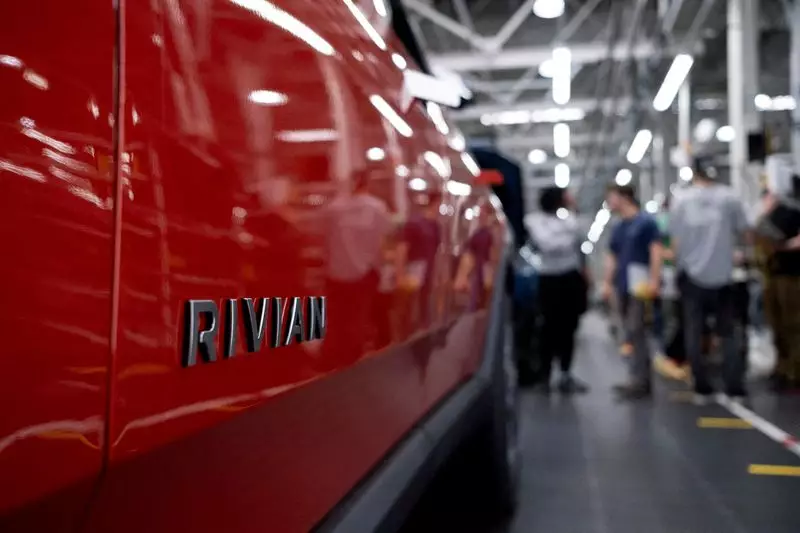A groundbreaking alliance has emerged in the electric vehicle (EV) industry, with U.S.-based Rivian and German automaker Volkswagen joining forces in a joint venture. This partnership signifies not just a commitment to producing electric pickups and SUVs, but also the strategic integration of advanced software and electrical architecture that aims to revolutionize the market. As the vehicle manufacturing landscape becomes increasingly competitive, such collaborations highlight the importance of innovation and adaptability in meeting consumer demand.
The collaboration is particularly noteworthy given the challenges currently faced by the EV industry, including fluctuating demand and supply chain uncertainties. Rivian’s Chief Software Officer, Wassym Bensaid, emphasized that engaging with other Original Equipment Manufacturers (OEMs) is not just a possibility but a demand-driven necessity. The joint venture is strategically positioned to provide essential technological support to both Volkswagen and potentially other carmakers, thus streamlining their transition to electric mobility. This could lead to a significant reduction in production costs and complexity, which is essential as automakers try to scale during a time of heightened competition.
One of the standout features of Rivian’s technological framework is its ability to minimize the number of electronic control units and wiring required in vehicle design. This innovation not only simplifies the manufacturing process but also reduces the overall weight of the vehicles, enhancing efficiency. Moreover, the capability to implement over-the-air software updates positions Rivian at the forefront of what the industry refers to as “software-defined vehicles.” This aspect is crucial as traditional automakers grapple with constructing similar functionalities within their own offerings.
Looking ahead, the joint venture is set to prioritize the rollout of Rivian’s R2 SUV, designed to be more affordable and appealing to a broader market. Bensaid has indicated that the immediate focus is not just on Rivian’s product lineup but also on integrating the joint venture’s technology across various Volkswagen brands. By leveraging sophisticated software and electrical architectures, both companies aim to capture a substantial share of the burgeoning EV market.
The implications of this partnership extend beyond Rivian and Volkswagen. Analysts at Canaccord Genuity suggest that this venture could emerge as a leading platform in Western markets, alongside industry giant Tesla. As more automakers contemplate similar collaborations, Rivian’s venture may pave the way for a new model of operation in the automotive sector, wherein partnerships outweigh solitary efforts in the race for electric vehicle supremacy.
The alliance between Rivian and Volkswagen marks a significant milestone in the evolution of electric vehicles. As the industry continues to face challenges and shifts towards more sustainable forms of transport, the emphasis on partnerships and technological synergy will likely dictate the future landscape. Through this innovative collaboration, Rivian and Volkswagen are setting a precedent that could redefine the path forward for many in the automotive space.

